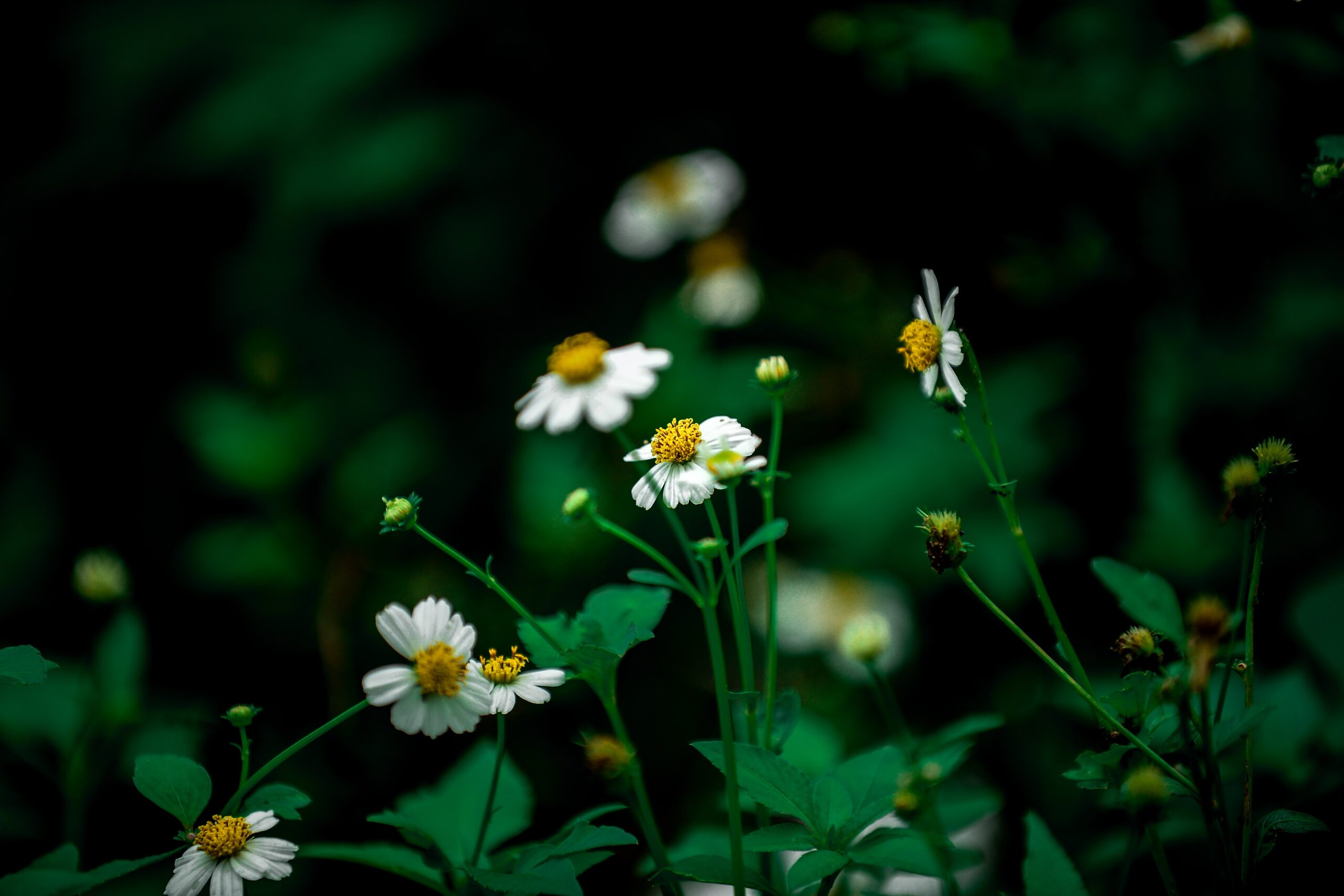It finally feels like spring has arrived, the daffodils are starting to bloom in abundance, the sound of neighbouring lawns being cut, the 6 nations Super Saturday approaching; all bring a feeling of excitement as we unshackle the embrace of a tougher than usual winter.
At this time of the year, I like to try and get things going in the garden and also start something new. My green project this Spring is to start composting all organic waste from our household in a new thermal composter, it will require a little bit of adjustment to how we do things but the benefits are immense.
One of my past Spring projects that I think has yielded the most amount of satisfaction and joy year after year was sowing a wild flower garden 6 years along a very ‘challenged’ section of our garden that is very dry due to the overhang of trees sucking up moisture and creating lots of shade.
The benefits of wildflowers are well understood in encouraging insects to feed, shelter and pollinate. Apart from doing our bit to improve our garden biodiversity, the wild flower garden is incredibly pretty in summer which different varieties of flower coming into bloom throughout late Spring and Summer, it’s incredibly easy to maintain, just cut it down to about 10cm in late September and remove the cut clippings to the compost.
There are lots of indigenous seed varieties available to buy and you can select a variety based on whether your aspect is sunny, shady, dry, damp etc. The key components in establishing the garden are:
- Match the seed choice with your site, sunny / shady etc
- Clear the area of any existing weeds by digging them out (along with the roots if you can)
- After about 2 weeks remove any weeds that might have escaped your first attempt.
- Calculate how much seed you will need based on your area – allow about 3g per square meter
- Rake the area removing stones and breaking down larger lumps of soil into to a fine consistency.
- Try and pick a day for sowing where the soil is damp or when light rain is expected.
- Disperse the seeds by hand and gently walk on the area after planting to press the seeds into the ground
In the first season, you will get an immediate result (most likely poppies and daisies) but some varieties take a season or two to get going so there is a lot more to look forward to. Even if you have a small area of your garden where a wildflower garden is possible, give it a go and you’ll see a noticeable increase in bees and butterflies.
Woodland Coffee is a part of rain forest alliance which means that our coffee is grown and harvested in a manner that protects the rainforest by engaging in management practices that allow both coffee and rainforest to thrive in sympathy with each other. Coffee beans start life off as a white flower which need lots of pollinators, it’s no different in Ireland.
